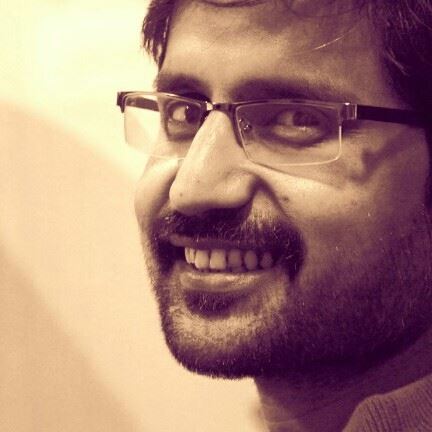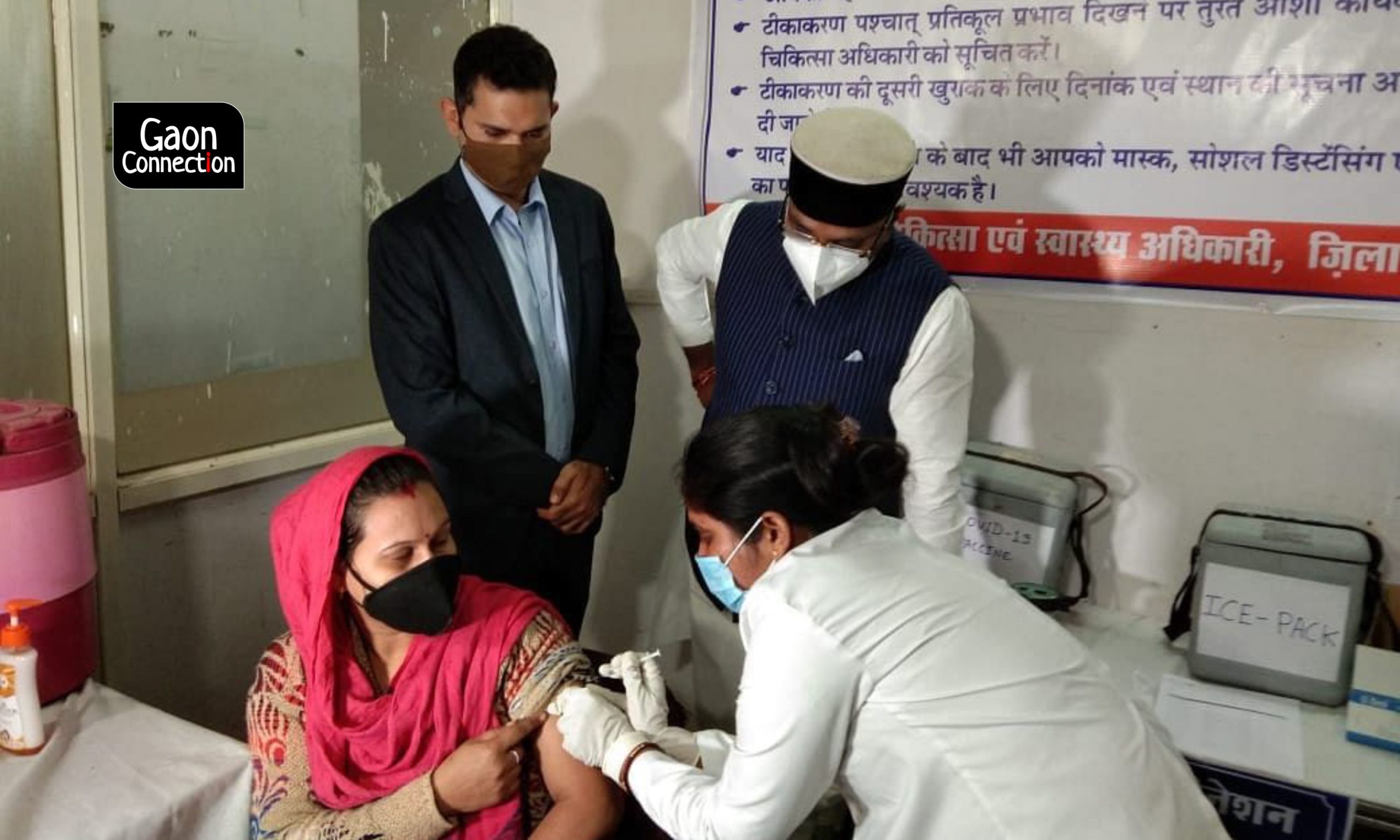COVID-19 vaccine FAQ: All you need to know about the vaccination process and procedure
The Drugs Controller General of India has approved the Oxford coronavirus vaccine Covishield and Bharat Biotech's Covaxin for emergency use in India, possibly marking the end of a long wait by the public. However, doctors say common citizens might have to wait till July this year for the vaccination.


Nationwide COVID19 vaccine dry run was initiated on January 2. Photo: FPJ
Two COVID-19 vaccines — Oxford coronavirus vaccine Covishield and Bharat Biotech’s Covaxin — have finally been approved for emergency use in India. There are, however, many questions in the minds of people regarding vaccination. The Union health ministry has made it clear that in order to get the vaccine, one has to register for it.
But what is the registration process? What are the documents needed in order to register? When will the vaccine be available to people…?
“No vaccine will be given without registration,” Virendra Singh, chief medical officer of Rae Bareli, Uttar Pradesh, confirmed to Gaon Connection. “The data of health workers who will be vaccinated first has been compiled in the first phase on priority basis. Their data has also been registered on the Co-Win App,” he added.
The Union health ministry has developed Co-Win, a software application that will monitor every process related to the COVID-19 vaccine. Also, people seeking vaccination will need to register their details through this app. Special training will be imparted to health officials and workers for managing the app.
“Currently, the government has released guidelines on giving vaccines to health workers in the first phase. The Co-Win app has a vital role to play, and it will be used for everyone’s registration. Further preparations to provide the vaccine to citizens will be made on the basis of government guidelines,” Singh said.
Documents required for registration
Eligible COVID-19 vaccine beneficiaries can submit details of health insurance smart cards issued by the health ministry, in addition to government authorised identity cards such as Aadhaar, driving licence, voter ID, PAN card, passport, job card and pension documents. Official certificates issued by MGNREGA, and members of the legislative assembly and council and Parliament and pass books issued by banks and post offices are valid too. Service identity cards issued by the central and state government or public limited companies can also be submitted.
Beneficiaries will also have to bring along a photo identification card, as well as an identity card for age verification when they go for the vaccination. Further documents will also be required if a person already suffers from some ailment.
How will the vaccination take place?
“Three rooms have been specially readied at vaccination centres,” informed Ved Prakash, a professor at King George Medical College in Uttar Pradesh’s capital Lucknow, and who is associated with COVID-19 vaccine’s dry run preparations. “There is a waiting area and registration counters in the first room. In the second room, beneficiaries will be vaccinated and informed about the date for their second dose of vaccination,” he told Gaon Connection.
In the third room, beneficiaries will be kept under observation for half-an-hour post-vaccination, and if they develop fever, vomiting or any kind of problem, doctors present there will attend to them. “If everything is fine, the vaccinated person would be allowed to leave,” explained Prakash.
Who will be given the COVID-19 vaccine first?
Health workers and frontline workers across the country will be the first to be vaccinated against COVID-19. The Union health ministry has ordered all states and union territories to prepare data on health workers, and this approximately amounts to 30 million people. Thereafter, people above 50 years of age or those with comorbidities will be vaccinated.
Long wait
It may take longer for other citizens to access the COVID-19 vaccine. Krishna Swarup, chief medical officer of Etawah district of Uttar Pradesh, told Gaon Connection, “It may take some more time for the public to get a COVID-19 vaccine, as the government is yet to come up with a guideline for them. One may have to wait as far as July 2021.”
Here are some questions and answers on the vaccine, answered by the health ministry.
Is it mandatory to take the vaccine?
Vaccination for COVID-19 is voluntary. However, it is needed to protect oneself and prevent spread of the virus.
The vaccine was developed in a very short time period. Is it safe?
Vaccination will be carried out only after sanction based on safety and impact data testing by regulatory bodies.
Is the vaccination necessary even for those who have recovered from COVID-19?
It is necessary to take a full dose of the vaccine despite having been infected before, as it will help develop a strong immune mechanism.
Can the vaccine be administered to someone with COVID-19?
Infected individuals should postpone vaccination until 14 days after the symptoms subside, as they can increase the risk of spreading the virus to others at the vaccination site.
How do I know if I’m eligible for vaccination?
Eligible beneficiaries will be informed by health authorities through their registered mobile numbers. After online registration, the beneficiary will receive an SMS regarding the due date, location and time of vaccination.
Will beneficiaries get information about their post-vaccination status?
Yes, on receipt of the correct dose of the COVID-19 vaccine, beneficiaries will receive an SMS. After all doses of the vaccine have been administered, a QR code-based certificate will also be mailed to the number.

